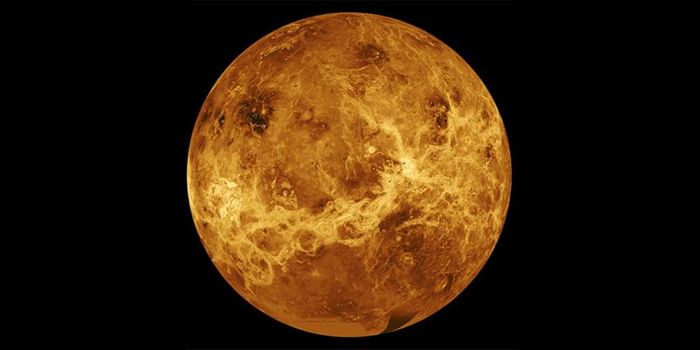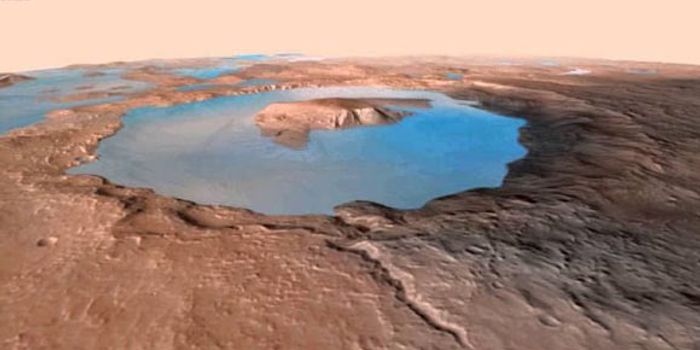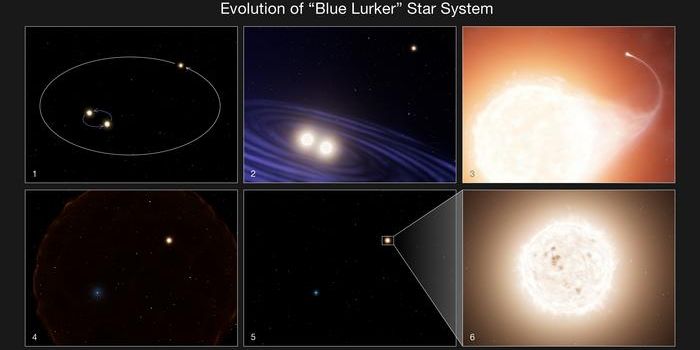NASA Declares All Research Free to the Public
Ever want access to the hard numbers and facts of climate studies or polar ice melt or atmospheric carbon content? Well you can find all that on NASA’s online archive that give a free public access for all the scientific research studies that are funded by NASA. Such free access is part of a policy which requires that any NASA-funded research articles in peer-reviewed journals be publicly accessible within one year of publication.
NASA’s website states: “As required by the May 9, 2013, Executive Order and OMB Memorandum M-13-13, NASA has developed a catalog of datasets generated via NASA-sponsored research to enable researchers to locate and cite datasets and to link those datasets to the scientific literature. The NASA data catalog serves not as a repository of study data, but as a registry that has information describing the dataset (i.e., metadata) and information about where and how to access the data. The public has access to the catalog and associated data free of charge.”
The database is called PubSpace and it contains so much content that the literature may be overwhelming. ScienceAlert comically points out that the range of topics are exhaustive, from exercise routines to maintain health during long-duration space missions, to the prospects for life on Titan, and the risk of miscarriage for flight attendants exposed to cosmic radiation.
NASA reports that the plan for data sharing on PubSpace, appropriately titled "NASA Plan for Increasing Access to the Results of Scientific Research," is consistent with the objectives set forth in the Office of Science and Technology Policy's Feb. 22, 2013, memorandum, "Increasing Access to the Results of Federally Funded Research," and with long-standing policies encouraging data sharing and communication of research results.
NASA Chief Scientist Ellen Stofan said, “Making our research data easier to access will greatly magnify the impact of our research. As scientists and engineers, we work by building upon a foundation laid by others.” The hope is that this plan will set the trend for accountable and transparent research and publication practices and allow the taxpaying public to feel that they are more involved in the results of federal processes.
So get online and take advantage of the opportunity to learn whatever is out there, in the great beyond, and in your own backyard!
Sources: NASA, ScienceAlert









